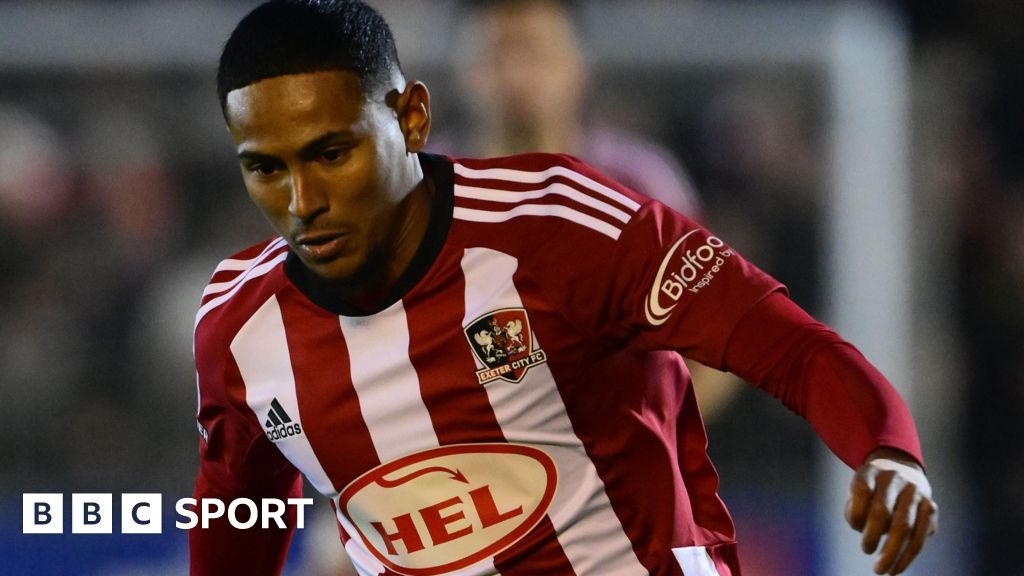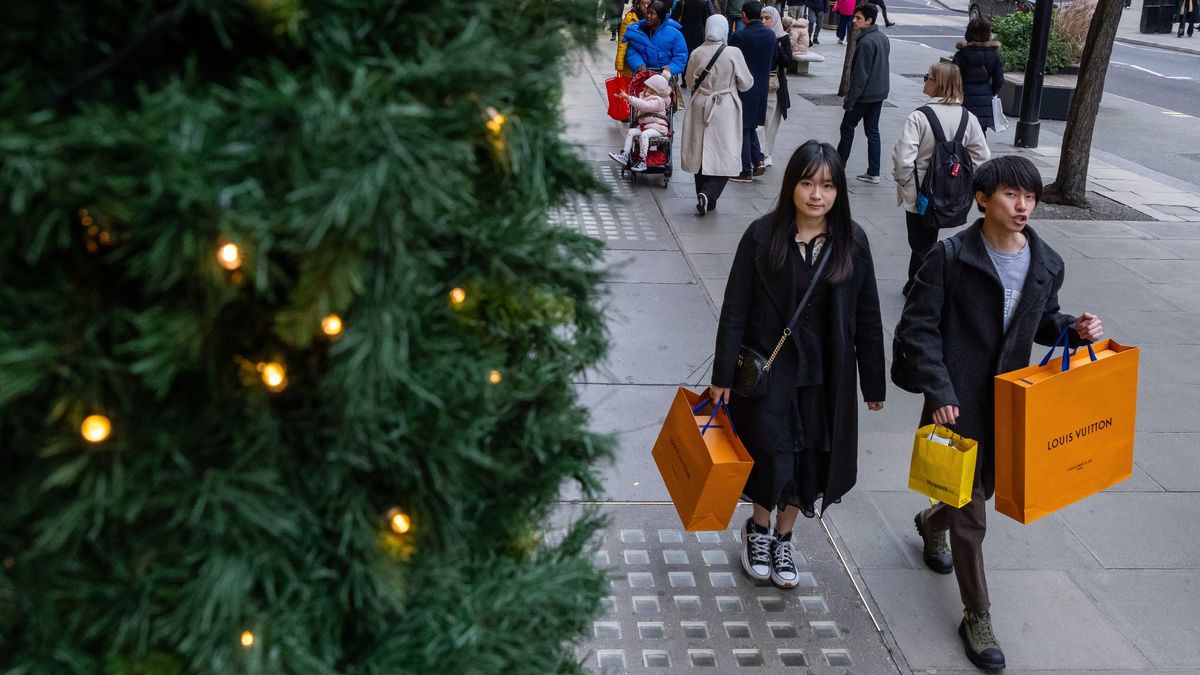Gambling
State to make $3.1 million in grants to combat gambling addiction, youth gambling – The Boston Globe

“Our focus remains on supporting and promoting prevention, referral, and treatment options to help those with a gambling problem, which is particularly important as access to gambling expands,” Dr. Robbie Goldstein, the state’s public health commissioner, said in a statement. “These two initiatives will augment our efforts to prevent problem gambling among youth and help fortify our workforce capacity in the outpatient substance use and gambling treatment space.”
The money for the youth leadership program will be divided between three organizations located across Massachusetts. The Boston Chinatown Neighborhood Center, the Public Health Institute of Western Massachusetts, and the Latino Education Institute at Worcester State University will each receive $700,000 annually for the program and will award $5,000 scholarships for higher education for youth participants who complete the project, the public health department said.
Officials said a person struggling with problem gambling can affect their family, not only through financial loss but also the influence it may have on children. Similar to substance abuse, problem gambling can lead to a decline in academic performance, anxiety, and overall quality of life in the children of those struggling with the behavior, officials said.
A 2021 survey of Massachusetts youth found that more than 42 percent of high school and middle school students had gambled in the previous year. Gambling in the state is restricted to people over age 21, while the minimum age for purchasing lottery tickets at retail outlets is 18. A new online lottery system, which was legalized as part of the state budget Governor Maura Healey signed in July, is expected to be up and running by the end of next year and will be open to players age 21 or older.
Ben Hires, chief executive of the Boston Chinatown Neighborhood Center, attributes the prevalence of gambling among young people to advertising for online sportsbooks seen on social media and in television advertisements during sports games.
“You have all these sort of things that are bombarding everybody about gambling, and youth are certainly one of the prime targets,” Hires said. “These are the pipeline, future casino and sports bettors and lottery gamblers.”
The Youth Leaders in Gambling Prevention project aims to break down that pipeline by helping young people “get on the right path” to success, Hires said.
“Successful people don’t go and gamble all their money away,” Hires said. “Young people who may need a little extra support because maybe they’re from an immigrant family, they’re low income, they’re a person of color. Getting them on track and making sure they have the resources to think about college, think about a career, having positive adult role models in their lives, that’s the bread and butter of this program.”
State officials said the youth leaders project will “build programs that empower young people to lead and develop problem gambling prevention, advocacy, and community strategies to raise awareness of problem gambling and related health issues throughout the state.”
Gambling problems were considered an impulse control disorder until 2013, when the Diagnostic and Statistical Manual of Mental Disorders reclassified it as an addictive disorder, according to the American Psychological Association.
More underage young people have become gamblers since the rollout of legal sports gambling last year. Hires said it is a concern he has long heard from parents.
“I know from talking to other people, parents, there definitely is a prevalence of kids gambling, because how hard is it to get on your dad’s phone and log into their sports betting app and put in a bet?” he said.
Under regulations set by the Massachusetts Gaming Commission, sports wagering operators are required to make anyone who registers with their sportsbook to provide personal information, including their name, date of birth, address, Social Security number, and phone number, which the operator then verifies. Operators are also required to report to the commission any instances in which they identify someone using their applications who is not allowed to wager on them, a spokesperson for the commission said.
Other safeguards operators such as DraftKings, FanDuel, and BetMGM have used include two-factor authentication and verification of a user’s location.
The number of wagers placed through mobile sportsbooks far outpaces that of sports bets made in-person at Massachusetts casinos. According to data from the gaming commission, the state’s three major casinos — Encore Boston Harbor, MGM Springfield, and Plainridge Park Casino — settled $7.6 million in wagers in the month of August, compared to about $439 million in wagers made through online applications, including BallyBet, BetMGM, Caesars Sportsbook, ESPN Bet, and Fanatics.
DraftKings and FanDuel handled the most action in August, with $229 million and $118 million in settled wagers, respectively, according to the gaming commission.
Children aren’t just gambling on sports. Dr. Rachel Volberg, a research professor of epidemiology at the University of Massachusetts Amherst who has studied gambling for nearly four decades, said there has long been a problem with children gaining access to lottery and scratch tickets, either by purchasing them at a lottery kiosk or at a store where their ID was not checked by a clerk.
Volberg said the rate of high-school and middle-school-aged children who have engaged in any form of gambling is “troublingly high.”
“Given this very high rate of gambling participation amongst youth in Massachusetts, I wonder if there is more that could be done in terms of regulators more effectively regulating access to the products,” she said. “Because it’s not just the consumers, it’s the purveyors as well.”
Nick Stoico can be reached at nick.stoico@globe.com.









